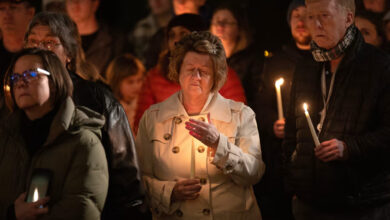
It's usually all about the top cities to live in when the Economist Intelligence Unit (EIU) publishes its annual Liveability Ranking — but this year the picture is rather more gloomy.
And that's because of a surge in global instability over the past 12 months, from terrorist shootings in France and Tunisia, to ongoing conflicts across the Middle East, Ukraine and Libya.
Libya
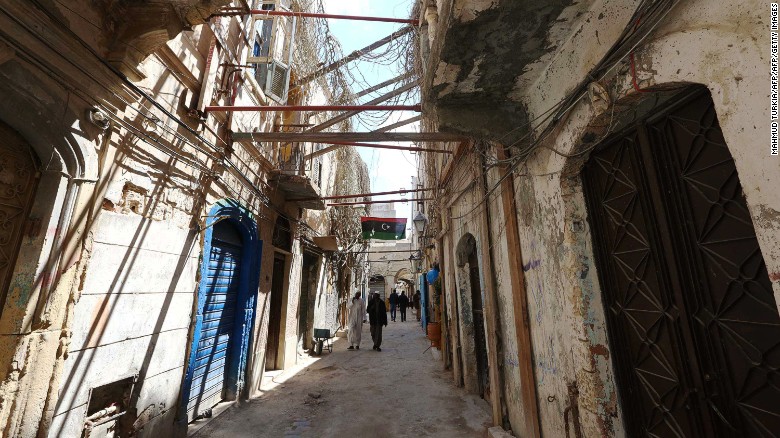
The beautiful alleyways in the Old City of Tripoli didn't help conflict-hit Libya's capital to have a better rating in the survey. With 40 points out of 100, Tripoli dropped from 132 in 2014 survey to the fifth least liveable city in 2015.
In any event, it's as you were for the "haves" at the top of list, with Melbourne taking the top spot for a fifth year running, with Vienna, Vancouver, Toronto and Adelaide/Calgary (tied at 5) completing the "top five most liveable cities" in 2015.
Melbourne, Australia
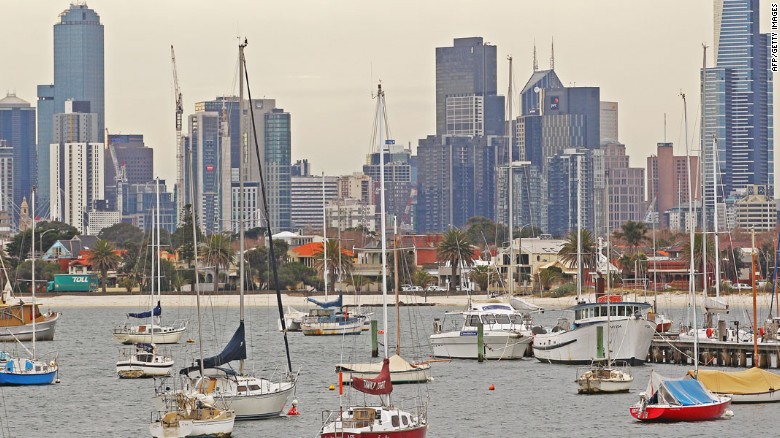
With great coffee, great food, lively music and arts scene and lots of open space, it's no surprise why Melbourne is rated the most liveable city in the annual Global Liveability Ranking by The Economist Intelligence Unit. Click through the gallery for the top five best and worst scoring cities on the list.
Vienna, Austria

Vienna is only 0.1 point short comparing to Melbourne in the index. Scoring 97.4 out of 100 — the musical city with glamorous palaces and architecture came second again this year.
Vancouver, Canada
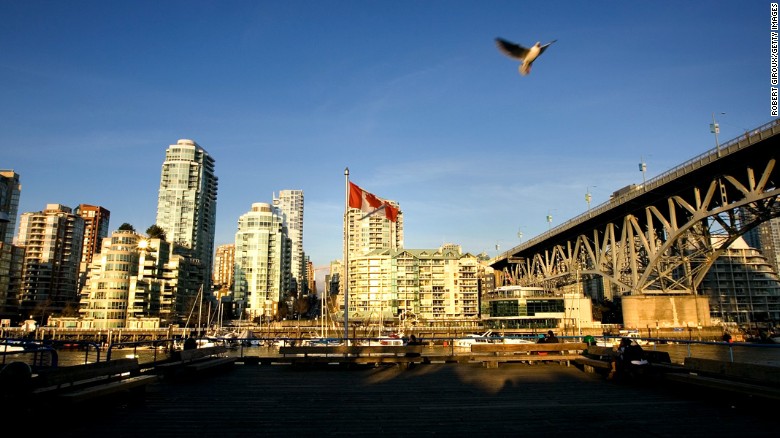
Once the title-holder of the liveability ranking until 2011, Vancouver remains the third most liveable city in the world.
Toronto, Canada
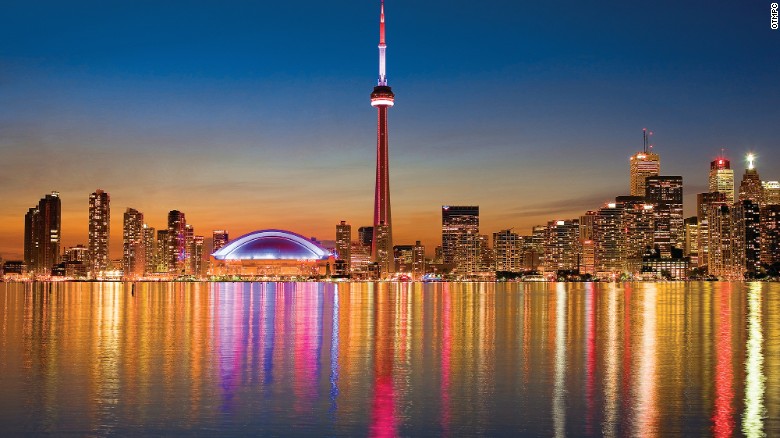
With perhaps Canada's top skyline — including the 553-meter-high CN Tower — Toronto came fourth in the survey.
Adelaide, Australia
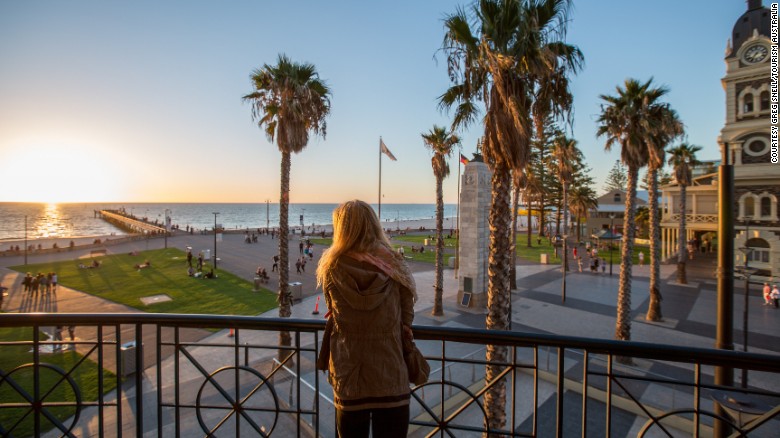
With a score of 96.6, Adelaide doesn't only have parks, beaches and vineyards but also, for ghost story lovers.
Calgary, Canada
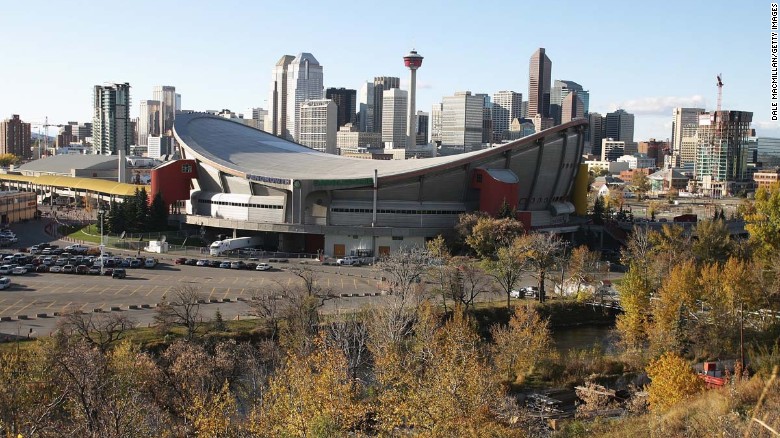
One of the most underrated cities in Canada, Calgary upped its ranking from sixth to fifth this year, rounding off the top five liveable cities of 2015.
According to the EIU, these cities have "relatively few challenges to living standards," and enjoy a good infrastructure, healthcare system and a low murder rate.
Unsurprisingly, Damascus remains the least liveable city, with Syria embroiled in a bloody civil war.
Damascus, Syria
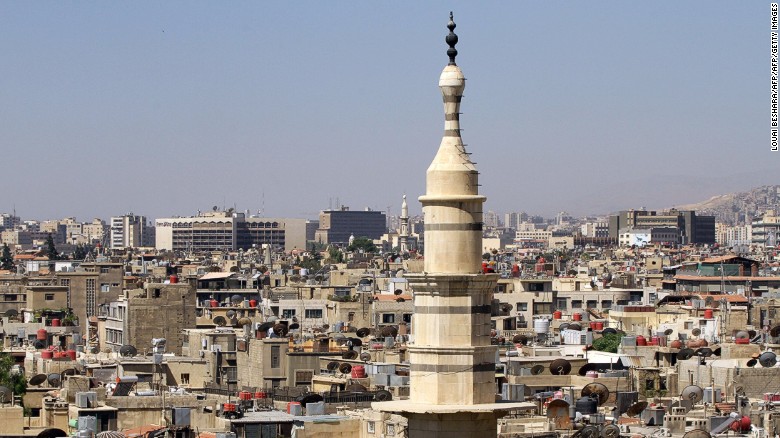
War-torn Syria's capital, Damascus, is not only the least liveable city, it also recorded the biggest liveability score decline in the last five years — a whopping 27-point-decrease.
But elsewhere, there's been a marked deterioration in previously stable regions, such as Europe and North America, caused by events such as The Charlie Hebdo attacks in the heart of Paris and race-fueled civil unrest in a number of US cities.
"The EIU ranking, which provides scores for lifestyle challenges in 140 cities worldwide, shows that since 2010 average liveability across the world has fallen by 1 percent, led by a 2.2 percent fall in the score for stability and safety. While this may seem marginal, it highlights that 57 of the cities surveyed have seen declines in liveability over the last five years," this year's report stated.
Bucking the trend
By contrast, some regions have bucked the trend — seven Chinese cities improved their ranking over the last 12 months "largely because of a lower threat from civil unrest," the report said. "Chinese cities saw liveability fall in the wake of riots and unrest in 2012, most notably due to widespread anti-Japanese sentiment."
China's top-ranked city, Beijing, moved up five places to 69 in the global ranking.
But Hong Kong's pro-democracy protests last year resulted in a 3.2 percent decline in liveability. Though the protests were largely peaceful, some parts of the city were brought to a standstill for several months.
However "Asia's World City" still remained three places above city rival Singapore — 46th and 49th place respectively.
"Hong Kong's liveability has been hit by the disruptive protests that took place last year. The city retains bragging rights over its regional competitor Singapore, but by a tiny margin. In fact both cities can still lay claim to being in the top tier of liveability where few, if any, aspects of life are restricted. This has not been the case in other parts of the world, with instability and unrest features undermining the scores of a number of cities globally," said Jon Copestake, editor of the EIU survey.



